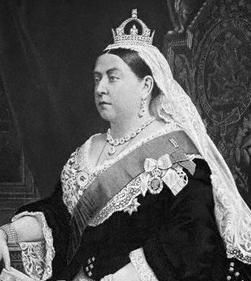鸟类鸣叫声可体现其优势与不足
|
Having the biggest playlist doesn't make a male songbird the brainiest of the bunch, a new study shows. "For songbirds, singing a lot of songs indicates a bird is smart, but that signal is not necessarily indicative of intelligence for everything," said Duke biologist Steve Nowicki. In a series of problem-solving tests with the birds, he and his colleagues found that the male song sparrows that sang the most songs learned to solve food-finding puzzles more slowly than the birds singing fewer songs. The results are the first to show that a larger song repertoire links to cognitive deficits in other mental processes. The researchers think that female song sparrows may use potential mates' songs to gauge(测量,估计) both mental strengths and weaknesses. Since birdsong is a good model for studying speech development, the findings, published May 22 in Biology Letters, could also help neuroscientists better understand the trade-offs taking place as the human brain matures. Nowicki and collaborators first measured the number of songs 14 male song sparrows sang. They then taught the birds to identify where a mealworm was hidden in one of 12 shallow wells on a wooden rectangle(矩形). The scientists put plastic caps over six wells so that the birds had to learn and remember spatially where the worm was on the wooden block. The birds that learned to solve the food puzzle more quickly sang fewer songs -- an observation opposite of what the scientists expected. "This study is very exciting," said University of Nevada-Reno biologist Vladimir Pravosudov, who was not involved in the study. "It is the first of its kind to show a negative correlation between song repertoire size and spatial memory in songbirds, and it goes against the grain of what many scientists had thought about the relationship between song and other cognitive abilities in birds." Earlier studies with starlings had shown that the birds with larger playlists learned to solve spatial tasks more quickly. Other studies had also shown that a bird that sang more songs performed better on other cognitive tasks. This newly discovered negative relationship between the number of songs a bird sings and speed of solving a spatial task suggests there is a trade-off between song learning and other cognitive abilities, Nowicki said. |








